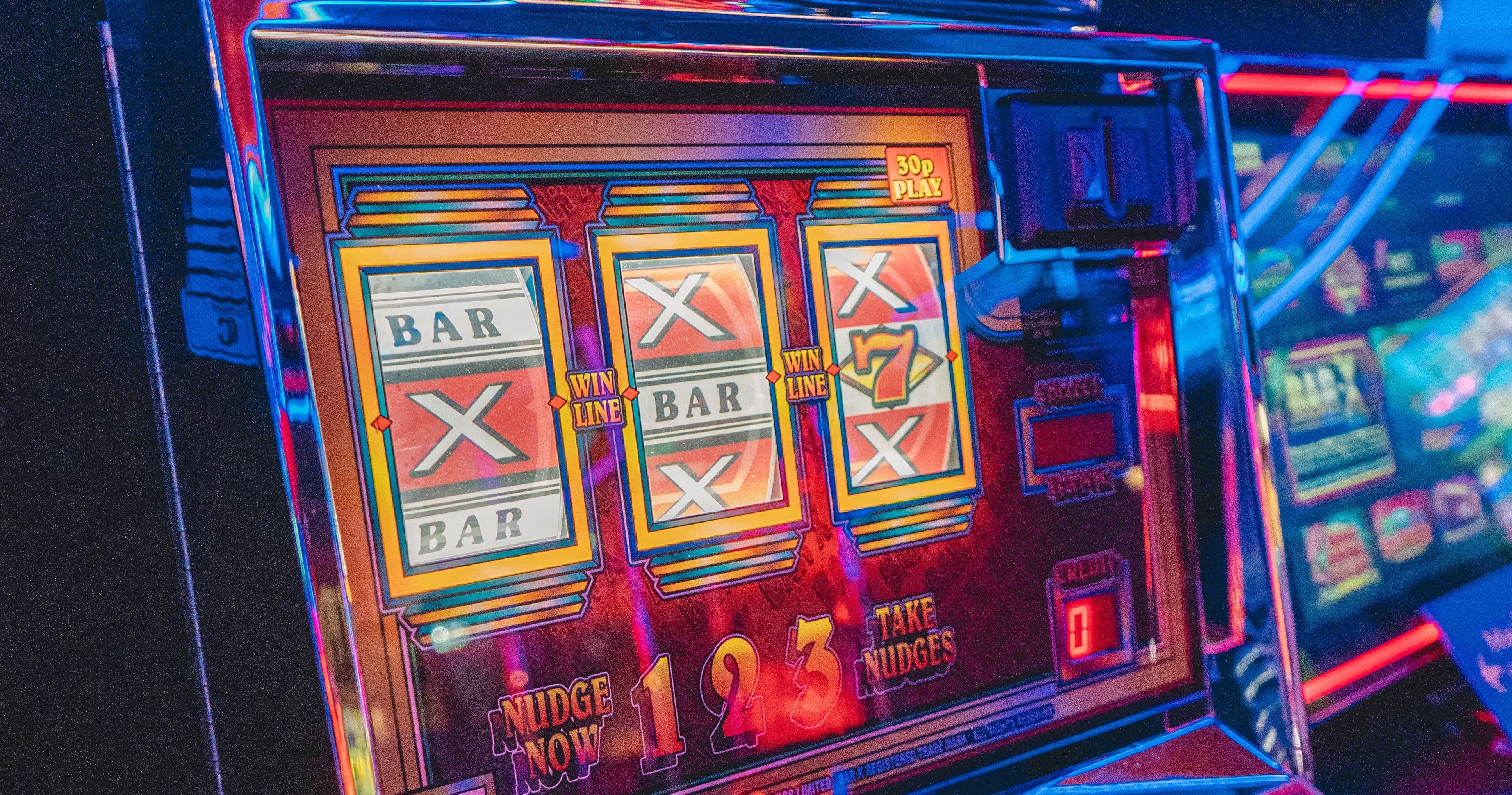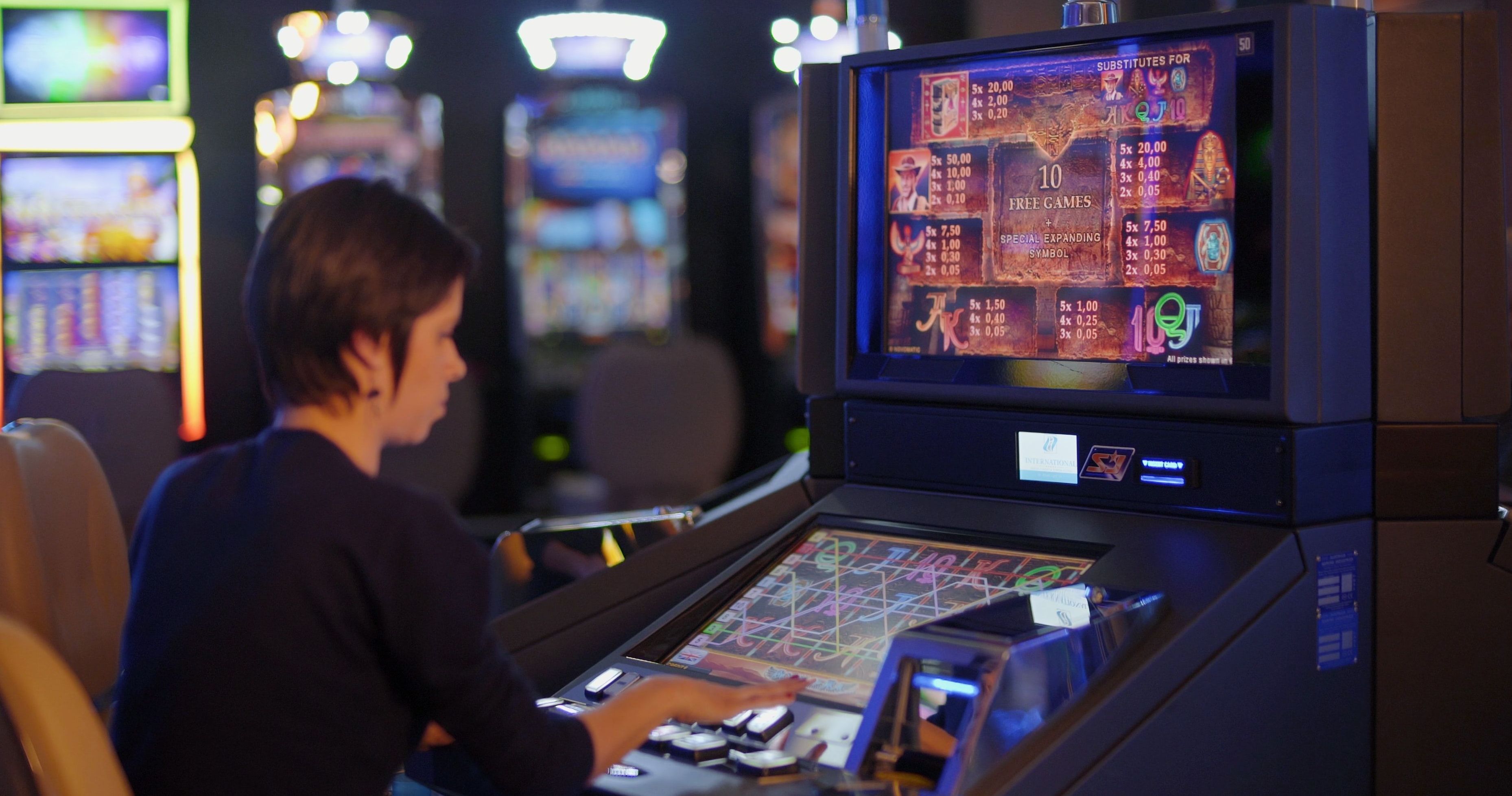Slot machines are a staple of any casino and they have been around for many years. They remain one of the most popular forms of gambling, as people enjoy their simple mechanics and wide range of betting options. But how exactly do slot machines work?
In this article, we will take a deep dive into the inner workings of these beloved casino games to understand how they function. We'll explore the different components that make up a slot machine and discuss how it generates random results each time you spin the reels. Finally, we’ll look at some strategies you can use to maximize your chances when playing slots. So, if you're ready to learn more about these incredible gaming devices, let's get started!
An Overview of Slot Mechanics
The mechanics of slot machines can look quite complicated at first glance, but when broken down into components, the inner workings become much more straightforward. All slot machines feature a random number generator (RNG) which is sed to generate thousands of random numbers per second.
These are then compared against a set of predetermined parameters that determine whether you win or lose on each spin. Other important parts include the pay line, which is the line of symbols that you must match in order to win a prize; and the payable, which describes how much each combination pays out.
Now let's break down each of these components in more detail.
The Cabinet

The first part of a slot machine is the cabinet, which houses all the different components necessary to run the game. Inside the cabinet, you'll find one or more reels that contain symbols like cherries, bars, and 7s. These reels are spun when you pull the lever or push the spin button, activating a motor that causes the reels to spin.
RNG
At the same time, a random number generator (RNG) is used to determine which symbols will appear on each reel. This RNG is a complex algorithm that produces random numbers at an incredibly fast rate and ensures that every outcome of a slot machine spin is completely unpredictable. People claim they won a very large prize by beating the system, but this may have been luck.
The Pay Table
Once the reels have stopped spinning, the game uses a paytable to calculate whether you've won. The paytable is a set of conditions that determines how much money you get for each combination of symbols on the reels. For example, if you match three cherries in a row, you might win five coins.
Screen Display

Once a winning combination is determined, the game will display the amount you've won on the screen. This money is then added to your balance, which can be used to play more games. On video slots, the winnings are also displayed as animations and sound effects.
Are Video Slots Mechanics the Same?
Video slots typically have the same mechanics as regular slot machines, with a few additional features. For example, video slots often include bonus rounds, multiple pay lines, and progressive jackpots. These extra features make them more exciting than regular slots, but they still use the same basic principles to generate random results.
Moreover, most online slot machines use a different kind of random number generator (RNG) than land-based slots. This is because, while land-based machines are regulated by physical laws, online slots can be operated from anywhere in the world and must adhere to different standards.
The Mechanism of Online Slots
Online slots use a similar approach to the one found in land-based machines. They also feature an RNG that generates random numbers to determine the outcome of each spin. However, due to the global nature of online casinos, these machines use a more advanced type of RNG known as a “pseudo-random number generator.” This type of RNG is able to generate a higher degree of randomness, ensuring that all results are completely unpredictable.
Additionally, the pay lines and pay tables of online slots can often be more complex than those found in land-based machines. For example, many video slots feature bonus rounds and progressive jackpots which require complex algorithms to determine the outcomes.
Finally, the screen displays of online slots are usually more sophisticated and livelier than those found in land-based machines. They often feature colorful animations and sound effects to make the experience more entertaining.
Does Understanding Mechanics Improve the Chances?
Understanding the mechanics of a slot machine won’t necessarily improve your chances of winning. As mentioned earlier, all outcomes on a slot machine are completely random and unpredictable. However, understanding the mechanics behind slot machines can help you better understand how they work and how to spot potential problems.
It can also help you identify games with better payouts or more generous bonus rounds. Ultimately, the best way to improve your chances of winning is to choose a machine with good odds, manage your bankroll responsibly, and practice responsible gaming.
Conclusion
Slot machines are a fascinating form of gambling that use a variety of mechanics to generate random outcomes. These mechanics include reels, RNG, a pay table, and a screen display. Online slots also use more advanced features such as bonus rounds and progressive jackpots.
While understanding the mechanics behind slot machines won’t necessarily improve your chances of winning, it can help you better understand how they work and which games offer the best payouts. Ultimately, the best way to have a successful slot machine experience is to choose games with good odds and practice responsible gaming.

